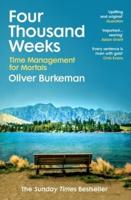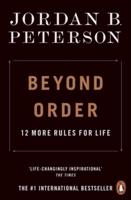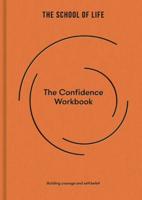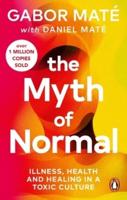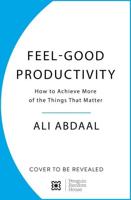Publisher's Synopsis
We live in the era of globalization comprising of interconnected and border-less nations specialising in the free flowing of individuals, information, knowledge, transnational corporations, technology and labour. E-commerce is running rampant with online shopping websites and consumers who are addicted to shipping products to their households. Despite attempts made by post-modernism and post-development studies to discredit and move beyond the theory and practise of modernity, such attempts have proven to be fruitless. This is because modernity is not subject to time and space. Modernity has modelled itself as a proactive agent that assists humans in adapting to changing conditions presented by the forever changing nature of the present. It does this by forecasting the future and prepares individuals. This of course helps us in a variety of ways, as without modernity, the world would revert back to the state of nature, which is 'survival of the fittest'. Humans would have to contend with a changing environment based on how resourceful, strong and tactical they are. But with modernity, scientists can predict the state of the earth in the upcoming years and prevent such a fate through inventions and innovations; for example, by predicting the likelihood of the occurrence of global warming in the near future, experts advice civilians, the government and businesses on how to take extra precautions to deter the catastrophe. However, regardless of the ease of communication, the internet, the knowledge economy and all the niceties produced by modernity, such conveniences- instead of bringing a state of pure bliss to the earth's population, have brought uncertainty, anxiety and depression. The majority of the world's population worries about keeping up with the latest trends and developments, others are addicted to their mobile devices- sifting through social media like there's no tomorrow- seeking approval from peers and friends alike and end up feeling isolated from the rest of the world, while others are deluded by materialism and the ideology of free choice. No matter the advancement of infrastructure and the transitions of regions to urbanism and metros, poverty and hunger is still witnessed every single day. Unemployment is still worsening in many countries, especially in the third world. Most people survive on self-employment, be it the informal sector, selling clothes, food and other necessities in the streets of central business districts, malls and also going door to door to have their merchandise sold. Others become sales people for companies selling perfumes. Every day is a struggle and the pressure of not being successful makes people succumb to drugs, alcohol and other substances to get through the day, which becomes a vicious cycle throughout their lives. The Covid-19 pandemic and its spread has changed numerous factors in our daily lives.

